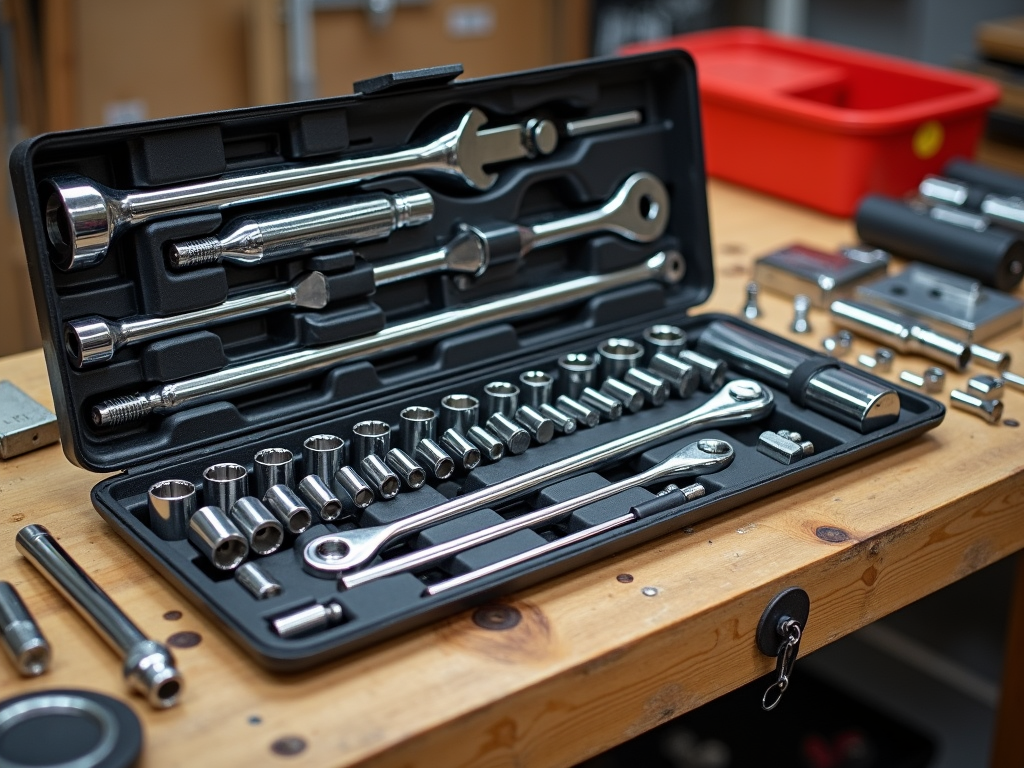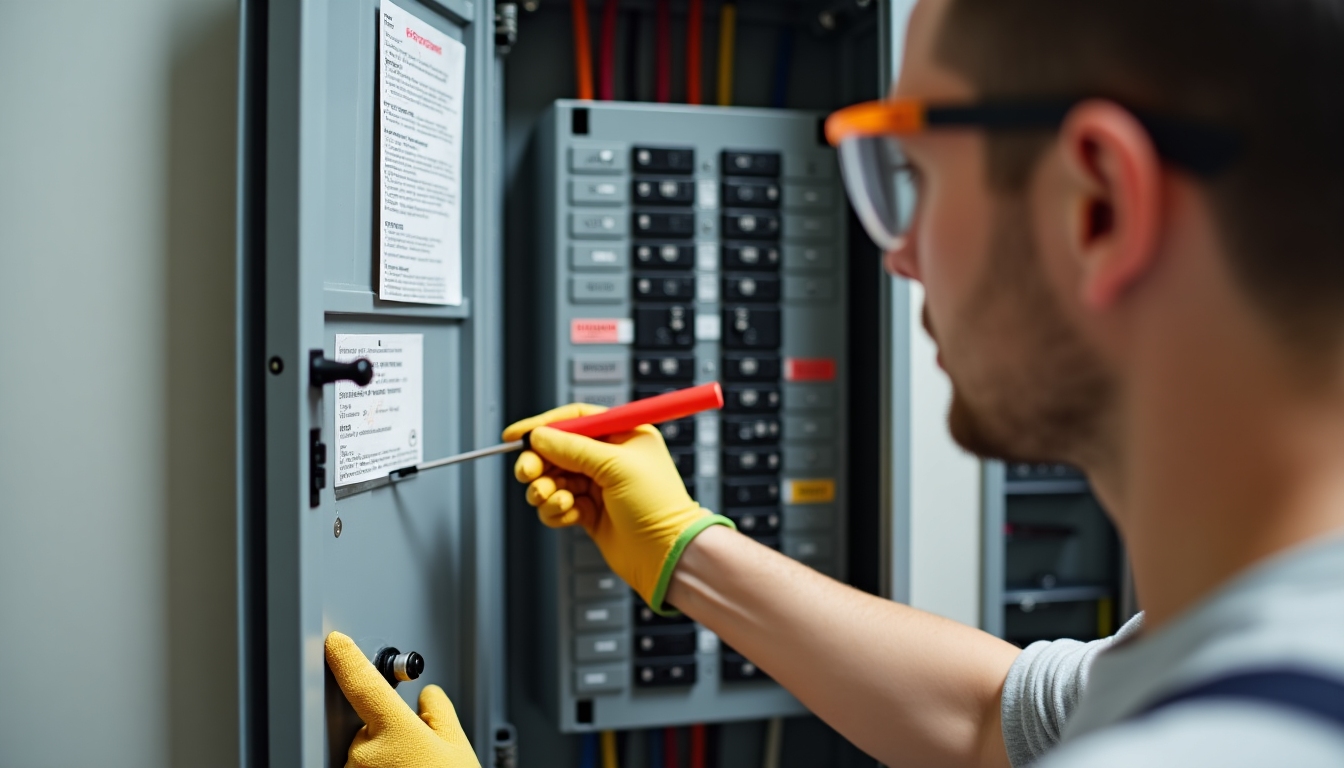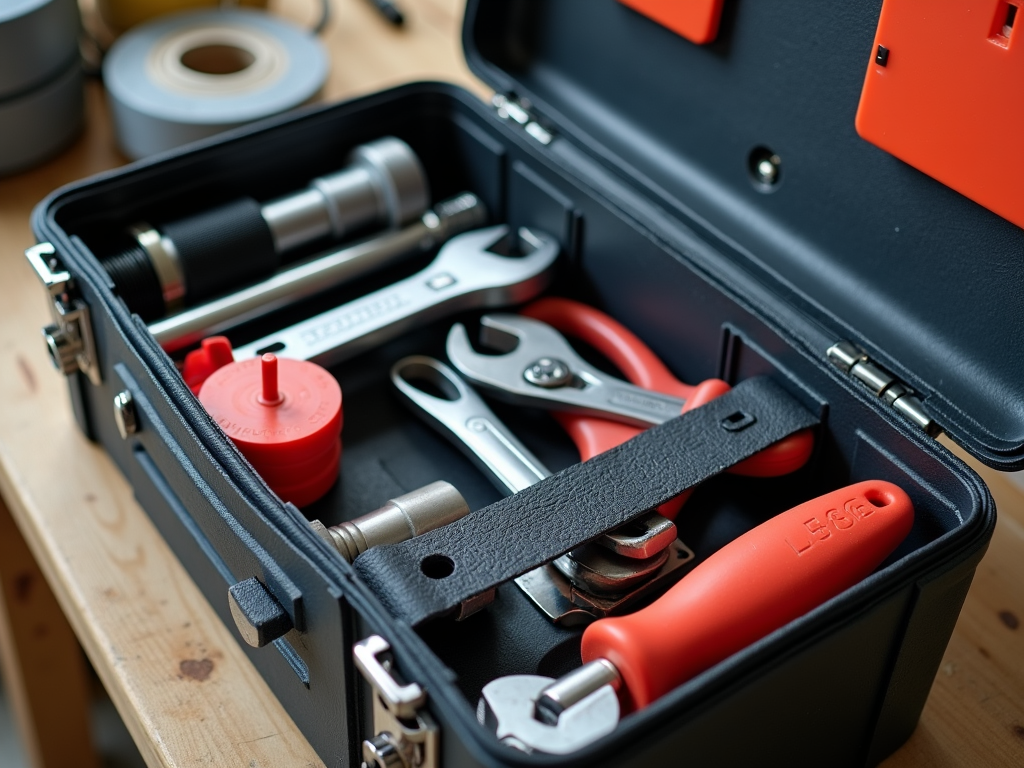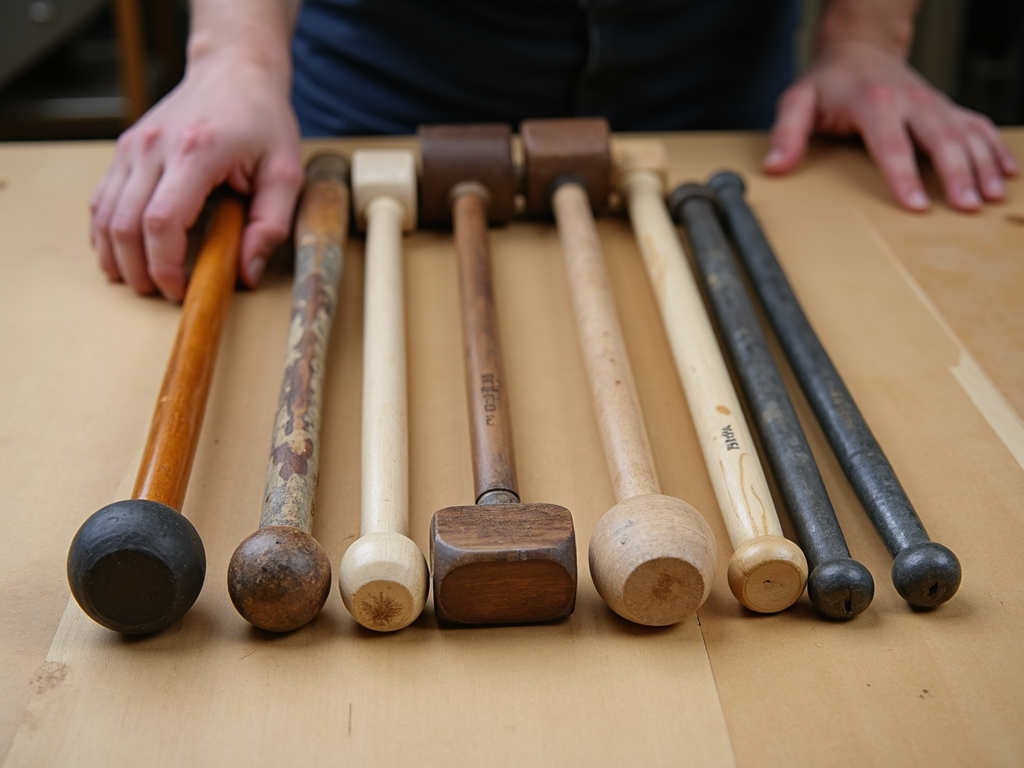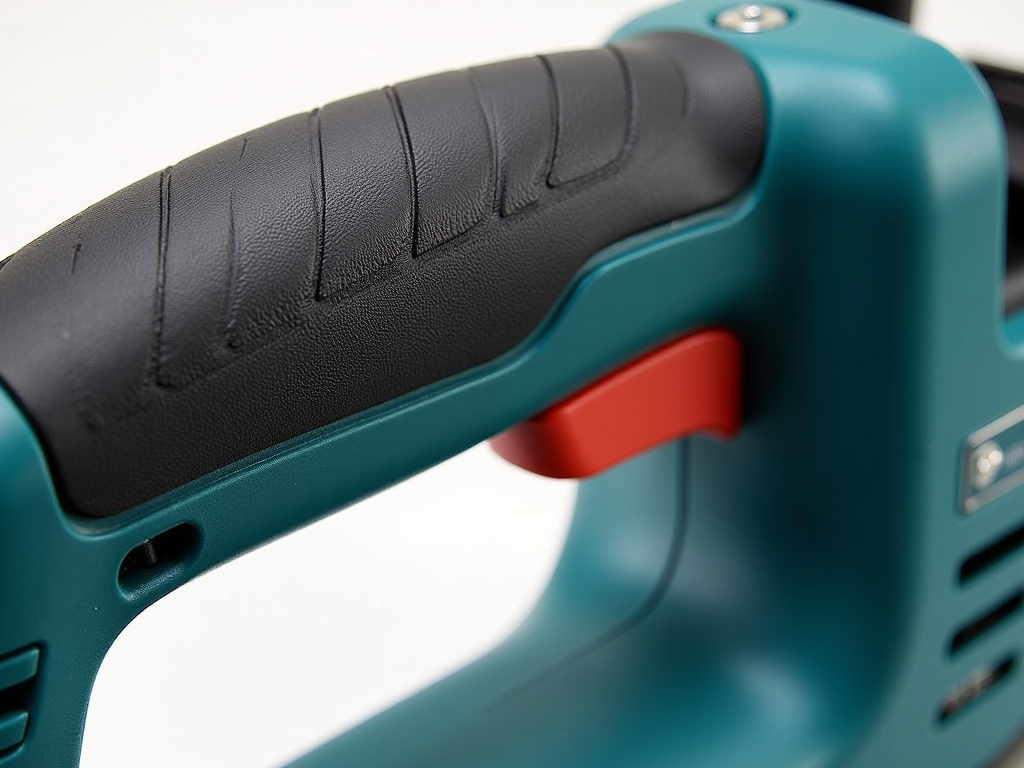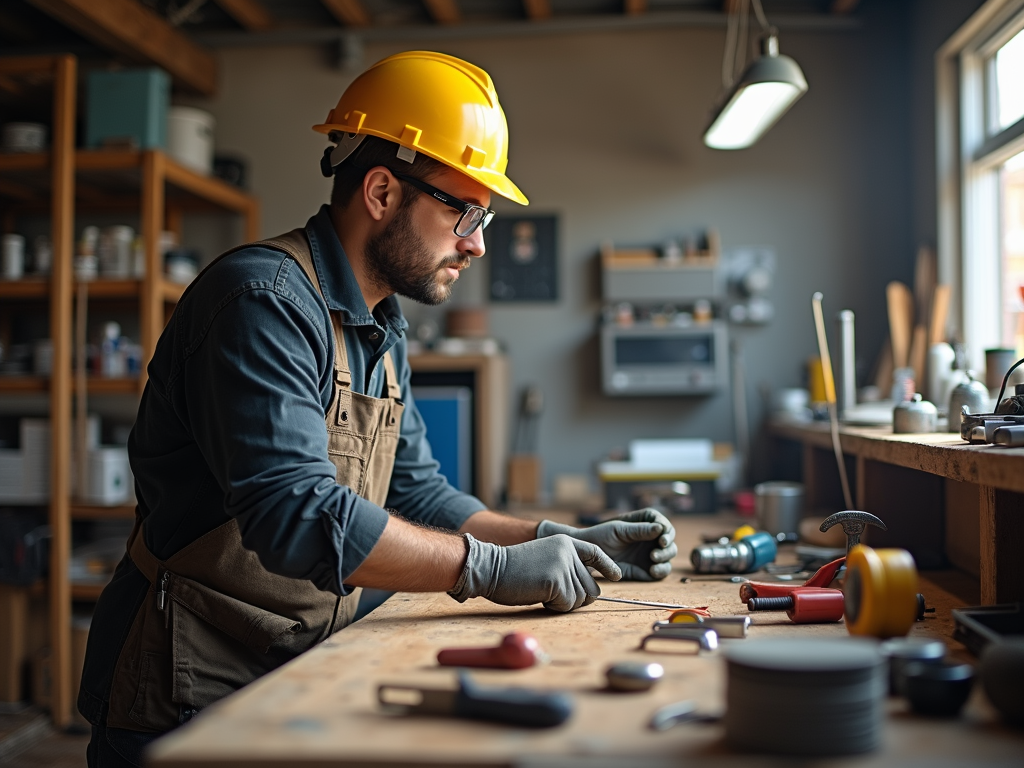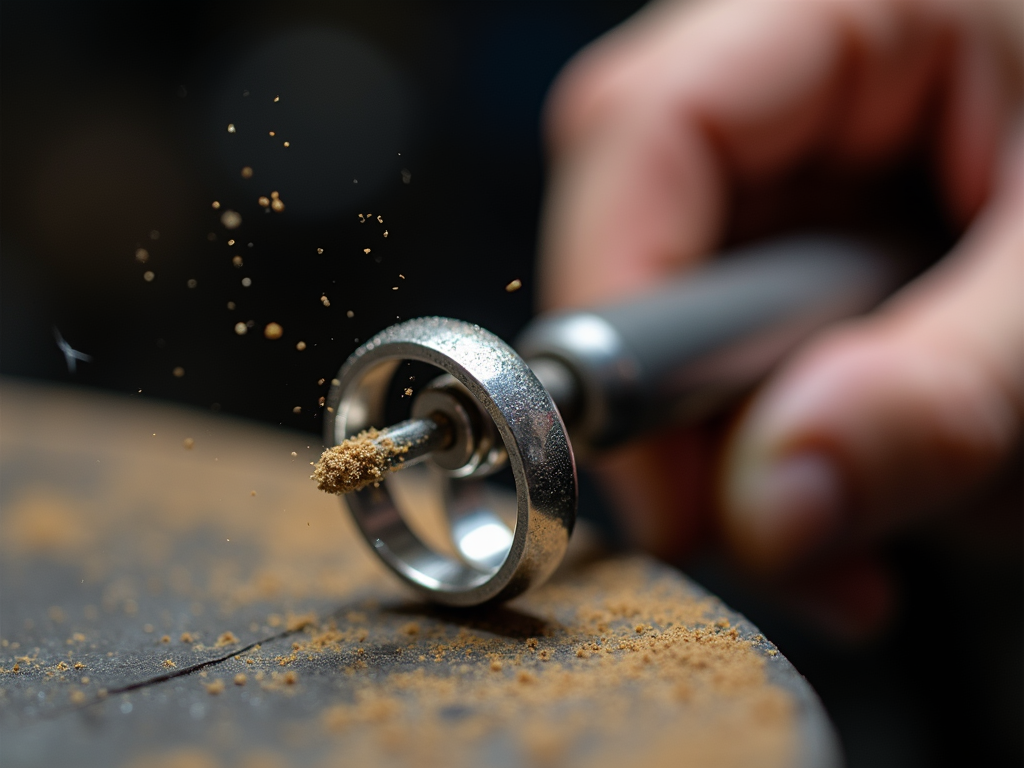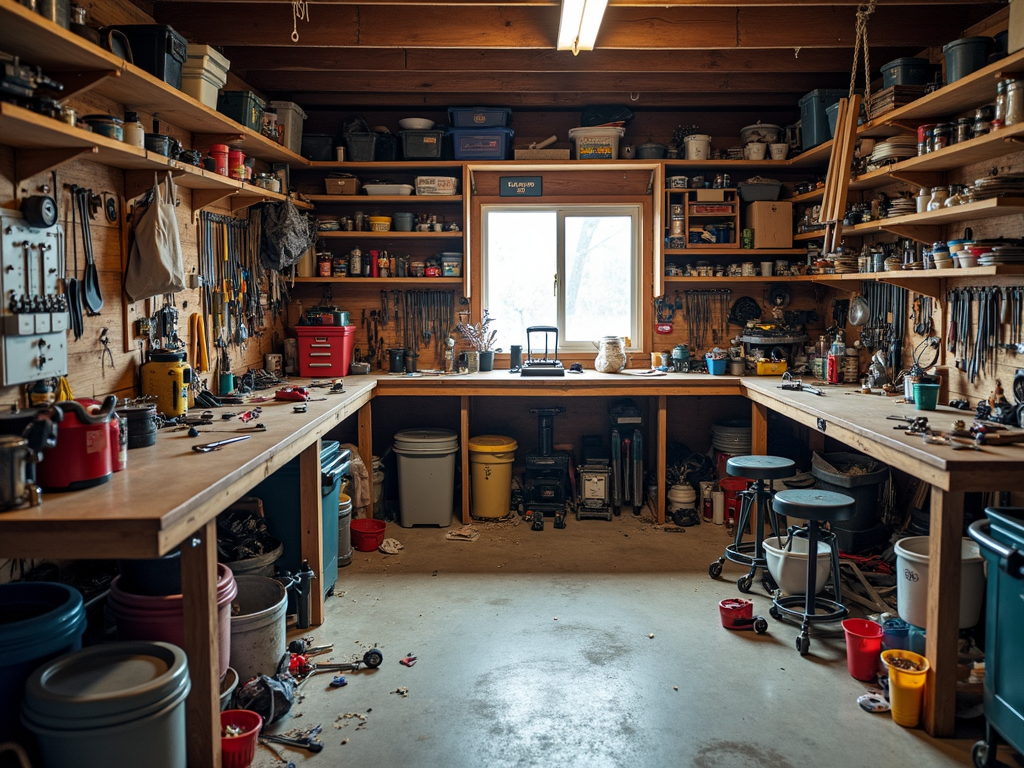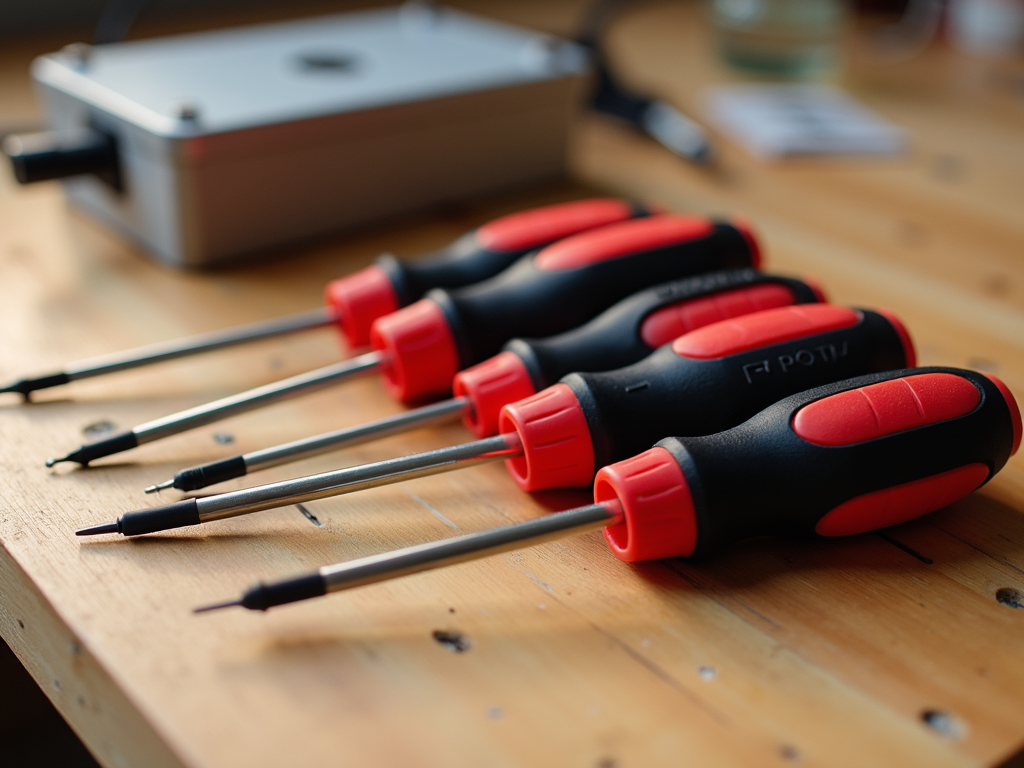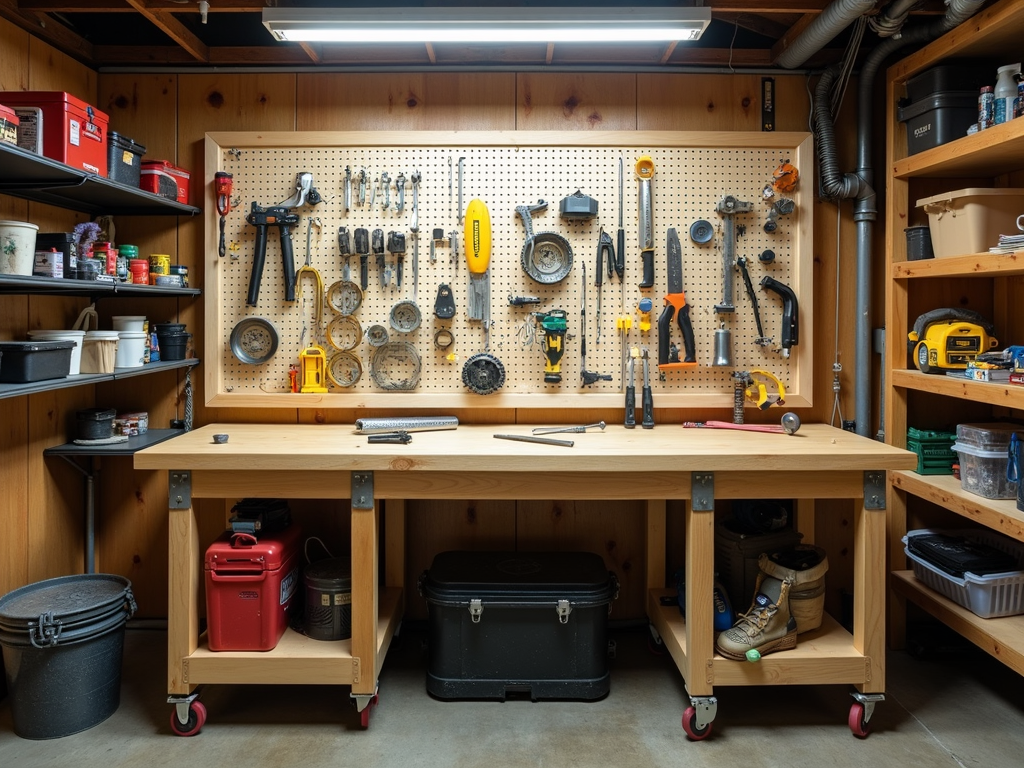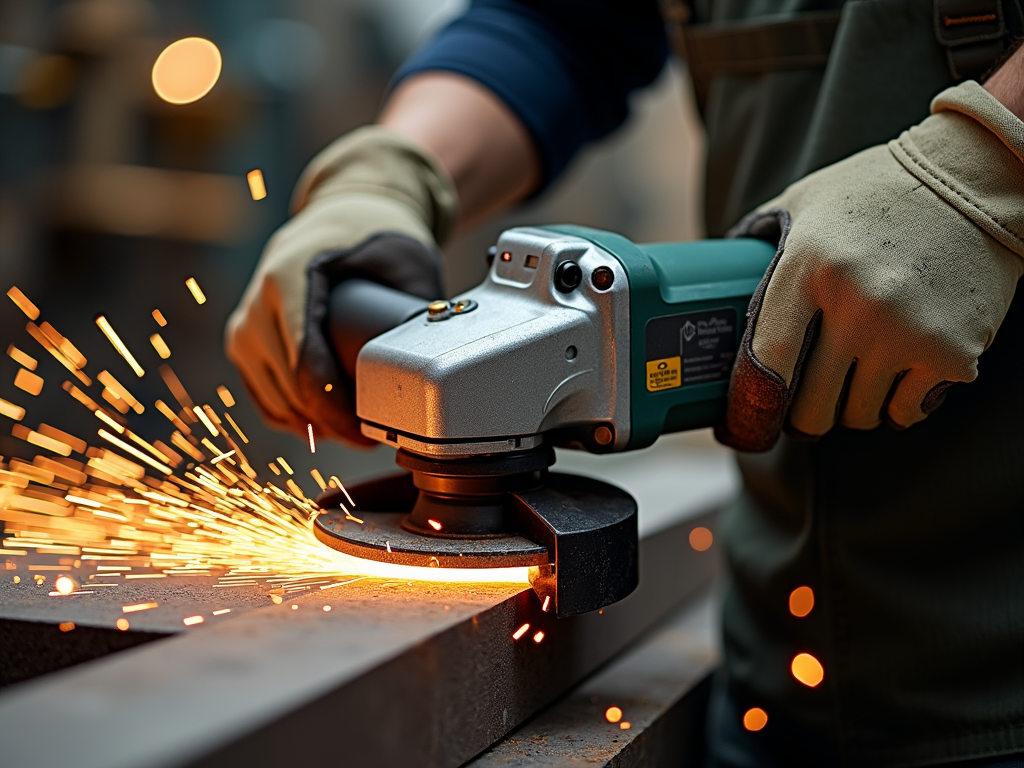Plumbing projects can feel overwhelming, but having the right workman tools for plumbing projects turns challenges into opportunities. Whether you’re fixing a leak or installing new pipes, the proper tools make every task smoother. This guide covers everything you need to know about essential workman tools, offering practical advice to get you started.
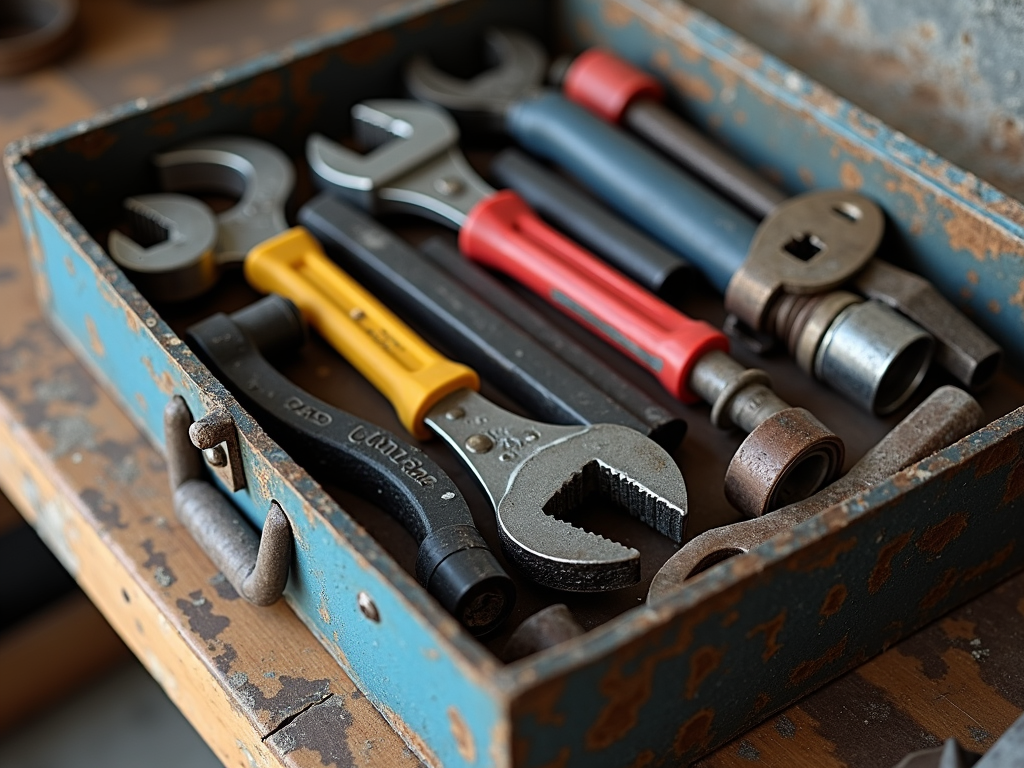
Why Workman Tools Are a Game-Changer
Workman tools are built for the tough demands of plumbing. They handle tight corners, different pipe sizes, and the need for exact work. With quality workman tools for plumbing projects, you’re ready for anything—think leaky faucets or full water heater swaps. Good tools save time and frustration.
Wrenches: The Heart of Plumbing
Wrenches are your go-to for tightening or loosening fittings. Every plumber needs a few key types in their kit. Here’s what I recommend based on years of tinkering:
- Adjustable Wrench: Adjusts to fit all sorts of nuts and bolts. It’s my pick for everyday fixes.
- Pipe Wrench: Made for gripping pipes with its sharp jaws. Perfect for stubborn jobs.
- Basin Wrench: Reaches nuts under sinks where other tools can’t. A lifesaver for faucet work.
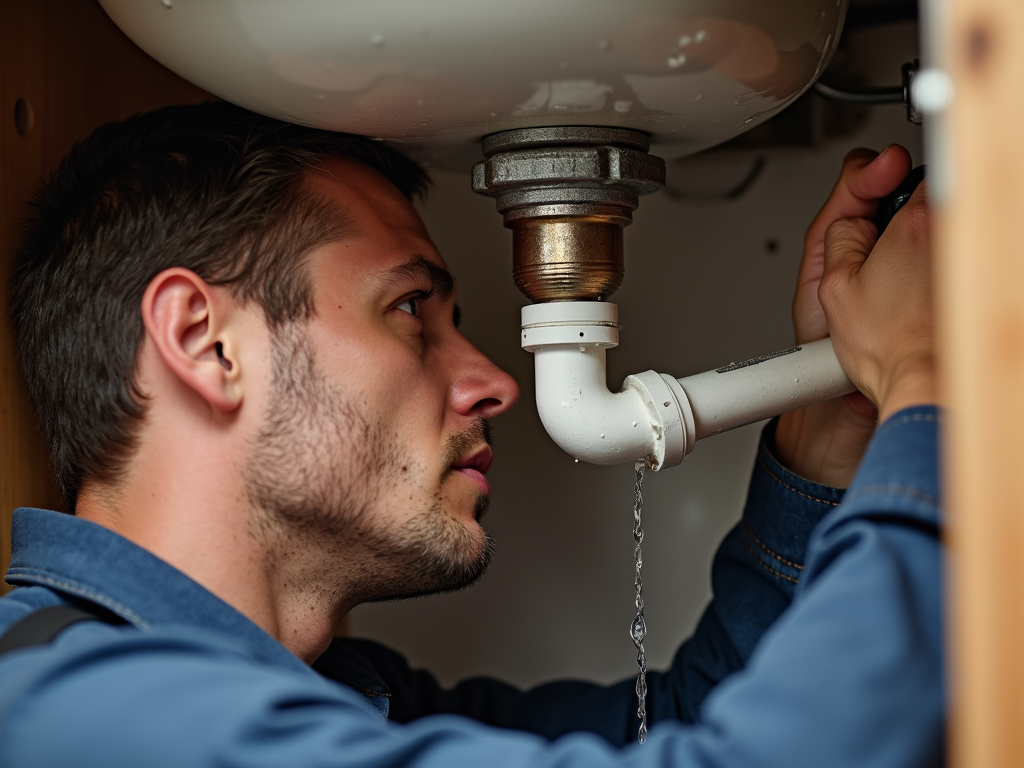
More Must-Have Workman Tools
Wrenches aren’t the only stars. Other workman tools for plumbing projects keep things running smoothly. Here’s what else you’ll need:
- Pipe Cutter: Cuts pipes cleanly and quickly. Essential for new installations.
- Plunger: Unclogs drains and toilets fast. Keep one handy always.
- Plumber’s Tape: Seals threads to stop leaks. Simple but effective.
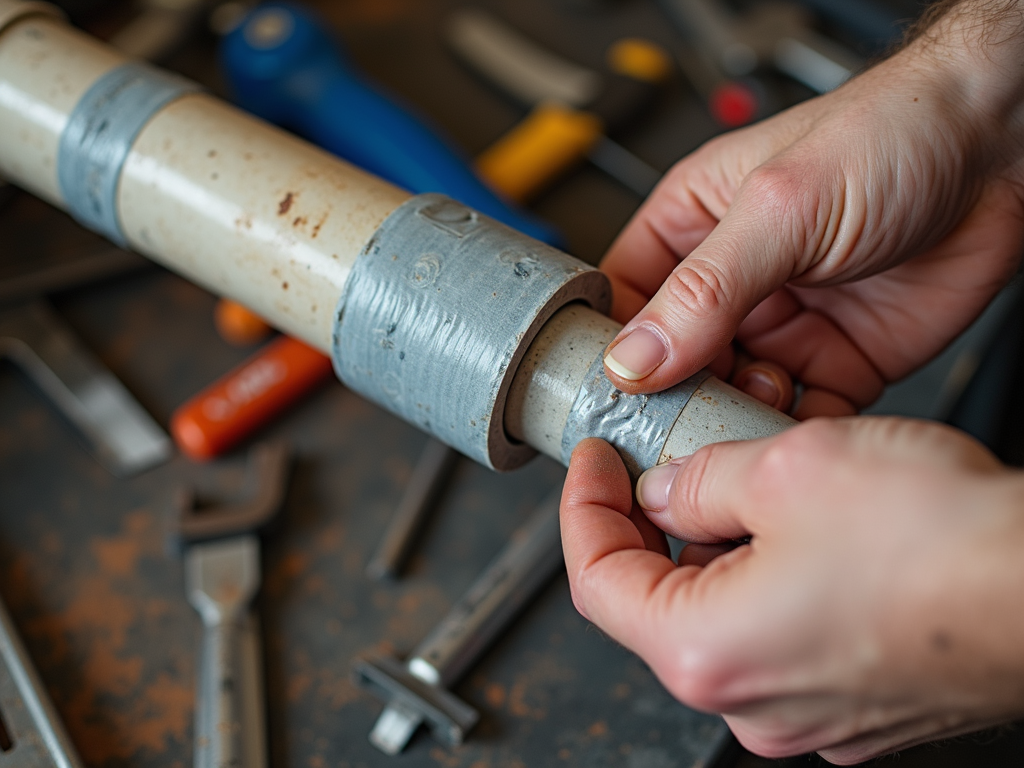
Picking the Best Workman Tools
Choosing tools isn’t just about grabbing what’s cheapest. Here’s what I’ve learned matters most:
| Factor | Why It Matters |
|---|---|
| Quality | Good tools last longer and work better. |
| Size/Fit | Match tools to your pipes and fittings. |
| Comfort | Easy-to-hold tools mean less tiredness. |
I once bought a bargain wrench that snapped mid-job. Now, I stick to trusted brands—it’s worth it.
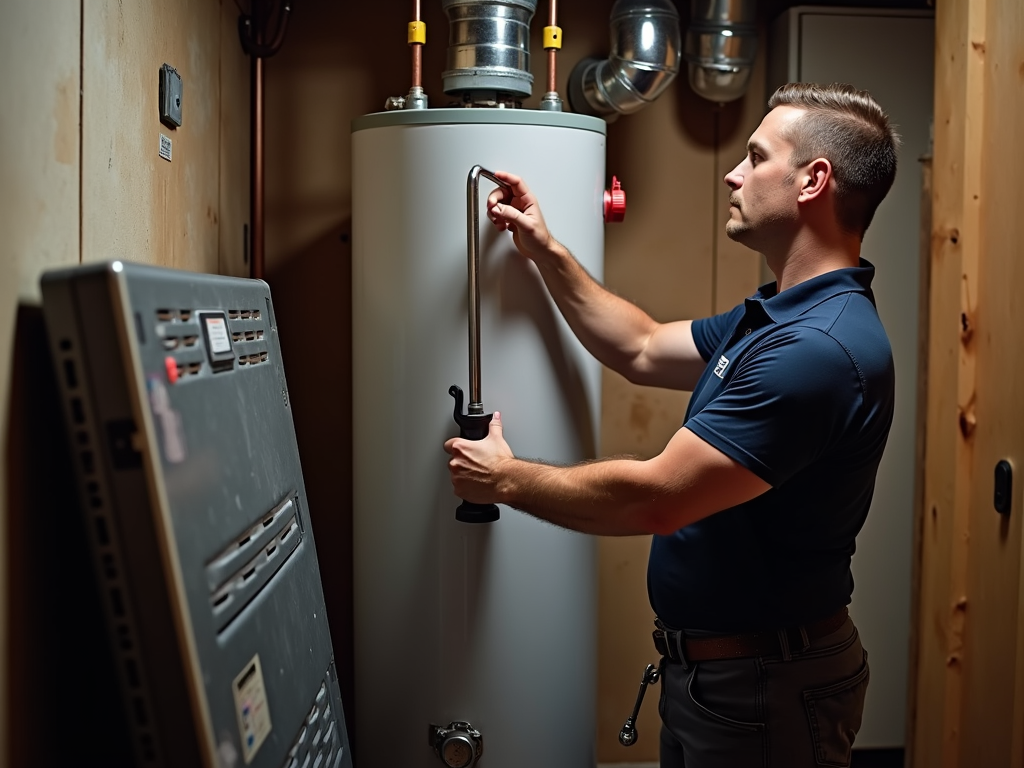
My Story: Lessons from the Field
I’ve done my share of plumbing projects, and one stands out: swapping an old water heater. The space was tight, the pipes were rusty, and I didn’t have a pipe cutter at first. Borrowing one from a neighbor turned the job around. The right workman tools didn’t just help—they made it possible.
How to Use Your Tools Right
Great tools only shine if you use them well. Here are my top tips:
- Keep Them Clean: Wipe off grime and store them dry to avoid rust.
- Use Them Properly: Don’t force a wrench to hammer something—it’ll break.
- Stay Safe: Gloves and goggles protect you from slips and splashes.
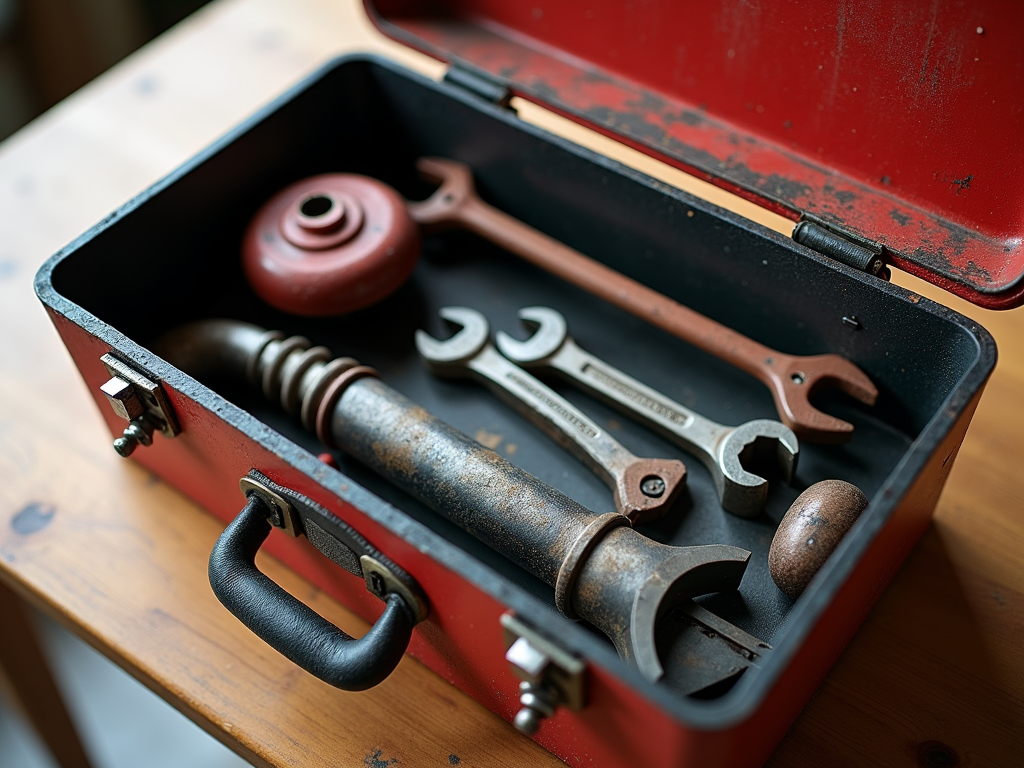
Mistakes I’ve Made (So You Don’t Have To)
Even with solid tools, I’ve messed up. Avoid these slip-ups:
- Tightening Too Much: Cracked a fitting once—snug is enough.
- Wrong Tool Choice: Used an adjustable wrench on a pipe and scratched it badly.
- Skipping Directions: Ignored a tool’s manual and wasted time figuring it out.
Learn from my errors, and your projects will go smoother.
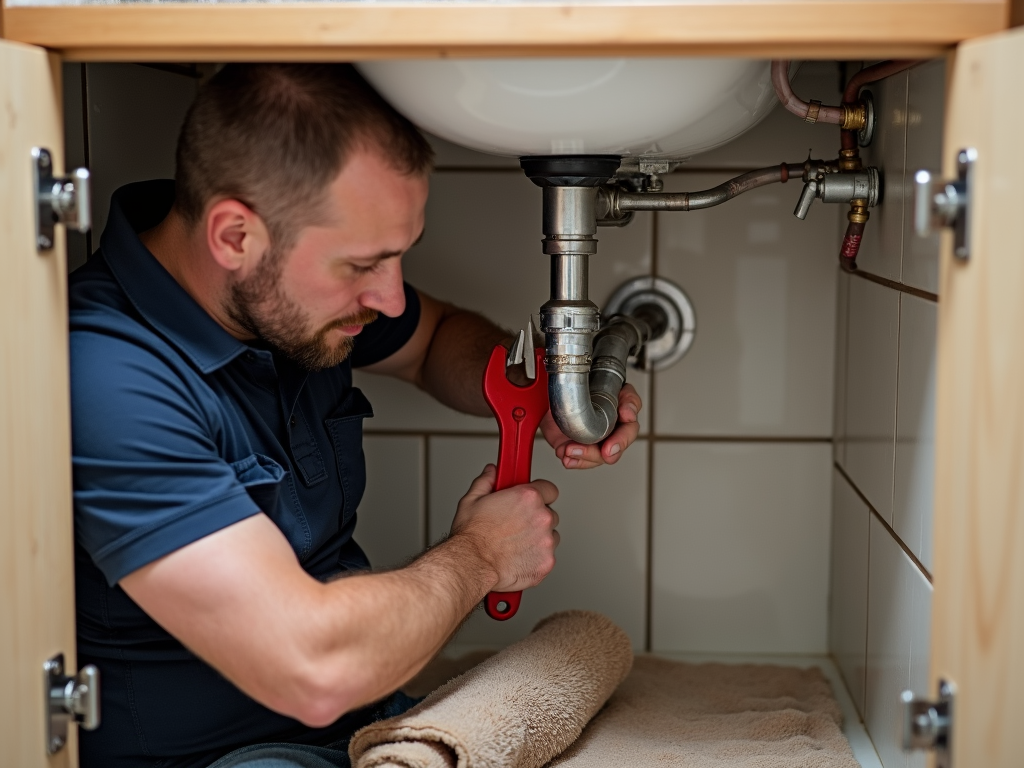
Wrapping Up: Master Your Plumbing
Workman tools for plumbing projects are your ticket to success. Wrenches, pipe cutters, and more—they each play a part. Buy quality, use them right, and you’ll handle any job with ease. It’s not just about the tools; it’s about the know-how you bring to them.
Recommended Readings
Want to dig deeper? Check out these helpful articles:
Related workman tools for plumbing projects:
- How to Choose the Right Socket Set
- Picking the Best Electrical Tools for Home Projects
- Choosing the Right Tools for Your Plumbing Needs: A Comprehensive Guide
- How to Clean and Maintain Your Workman Tools
- Mastering the Mallet: A Guide to Perfect Hammering Techniques
- Ergonomic Workman Tools for Comfort: Enhancing Your Workday with Electrical Tools
- Essential Workman Tools for Beginners: A Comprehensive Guide
- Guide to Jewelry Making Tools: Everything You Need to Know
- The Ultimate Guide to Safe Tool Storage
- Top 10 Electrical Tools Every Homeowner Needs
- DIY Workbench Plans for Small Spaces: Maximize Your Workshop Efficiency
- Power Tools for Metalworking: Your Ultimate Guide
